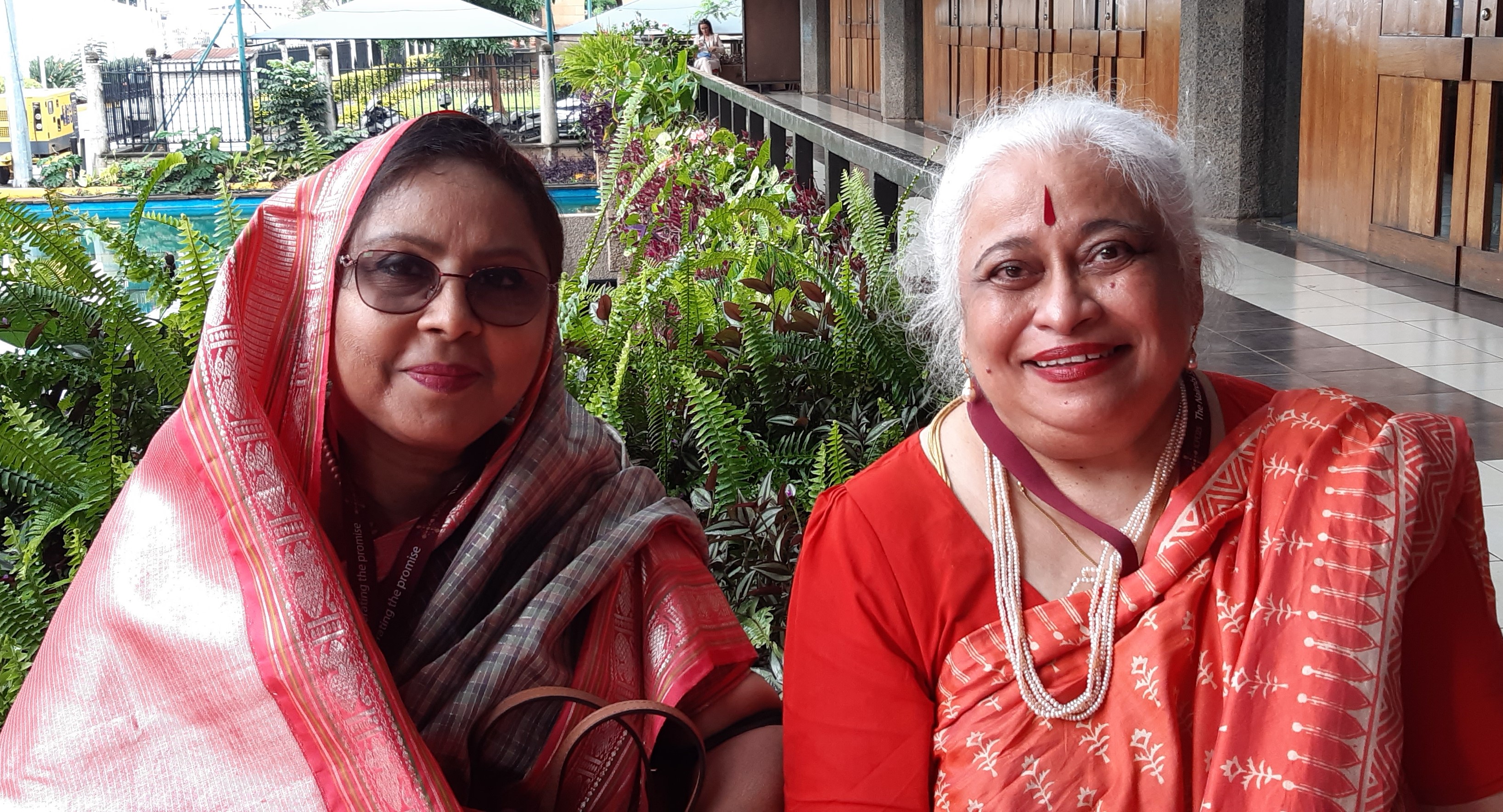One year ago, a high-level delegation of parliamentarians, academia, civil society and youth from Bangladesh traveled to the Nairobi Summit to re-energize the global movement for the empowerment of women and girls. Ms. Aroma Dutta, a Member of Parliament and lifelong activist for women's rights in Bangladesh, was one of the members of that delegation. To mark the one year anniversary of the landmark summit, we are sharing her reflections on the experience of attending the meeting, the ICPD25 agenda in Bangladesh and the challenges the country faces to ensure the rights and choices of all women and girls.
----
As a Member of Parliament, we place people at the forefront of our work. Their rights and choices are inalienable regardless of their origin or identity, and our success lies within the assertion and enactment of those rights.
Being a long-standing champion of women’s rights with a 40 year-long track-record of working at the grassroots to empower disadvantaged women, I found the ICPD25 conference held in Nairobi in November 2019, as a consequential event for the lives of millions of women and girls.
With my participation, facilitated by UNFPA, I got a grasp of the progress the world has made from Cairo to Nairobi in terms of making reproductive rights and choices a reality for everyone, everywhere. Reflecting on our own achievements, I see how much has changed in Bangladesh over the last decade. We have performed well in the population and development front, achieving a near replacement fertility rate and substantially bringing down maternal mortality.

But the sense of all these achievements fade away when we look at the burgeoning rate of gender-based violence. At the same time, the progress we have made is stagnant, particularly in the rate of contraceptive prevalence. We must collaboratively work to achieve the SDGs and the newly devised Agenda 2041 for Bangladesh, by addressing these gaps, and by recognizing health and population issues as cross-cutting across socio-economic development. This is why I am actively advocating for the inclusion of the ICPD agenda into the upcoming 8th Five Year Plan (2021-2025) to pave our way towards a sustainable and equitable future.
Certainly, we have been able to secure a better life for many in Bangladesh, but unfortunately, not for all. If we are to deliver on the underpinning principle of the SDGs - “leave no one behind” - we will have to put concerted focus on the urban poor and the other left-behind cohorts of the population. At the same time, we need to engage young people in advancing the ICPD agenda, while empowering them with the right skill set and quality education to harness their potential.
As a follow up to the Nairobi Summit, we, the government, UN and other development partners, should come together to devise a forward-looking comprehensive action plan, bringing in the perspective of the rapidly changing population dynamics in Bangladesh. Through this, we can collectively progress towards building a better Bangladesh, conducive to the rights and choices of all people.


